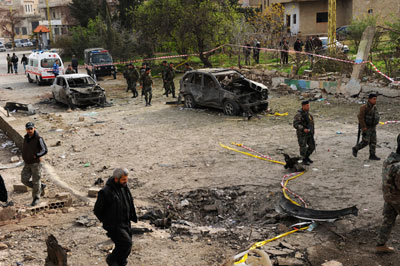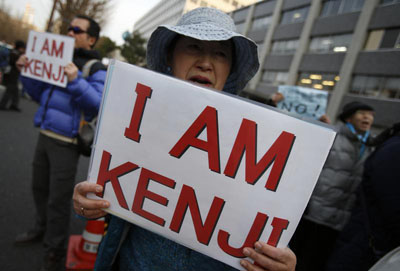
Kenji Goto’s reporting is voice of humanity in times of atrocity
Kenji Goto, the 47-year-old television journalist held captive by the Islamic State (IS), is not a typical reporter, nor is he typically Japanese. But his courage and commitment to broadcasting humane stories from some of the world’s most dangerous conflict zones would put him at the pinnacle of his profession anywhere in the world. It…
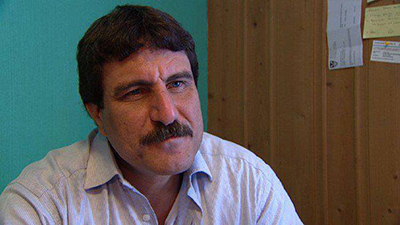
Family of journalist jailed in Syria await news, four years on
When Ibtisam Alnawaty last spoke to her husband, Moheeb Alnawaty, in January 2011, there was nothing to suggest that he feared for his safety. The Palestinian-Norwegian writer had traveled to Syria in December 2010 to translate his book, Hamas From The Inside, and had even suggested the family should move there from Norway, his wife…
Slideshow: Journalists killed in 2014
In 2014, at least 60 journalists and 11 media workers were killed in relation to their work, according to CPJ research. Local and international journalists died covering conflicts, including in Syria, Iraq, and Ukraine, while many others were murdered reporting on corruption and organized crime in their own countries. Here, CPJ remembers some of the…
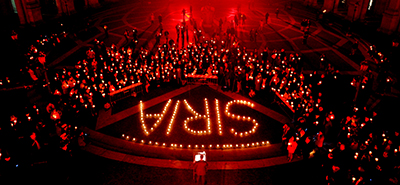
In Syria, fewer journalist deaths but danger has never been greater
For the third year in a row, Syria ranks as the deadliest country in the world for the press, research by the Committee to Protect Journalists shows. At first glance, the research offers good news: less journalists were killed, imprisoned and kidnapped this year in Syria than in 2013. A deeper look at the numbers…
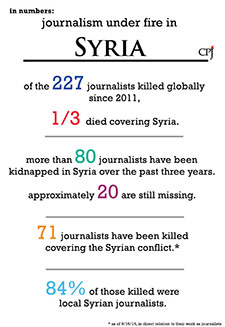
Journalist beheadings in Syria reignite debate over risk and safety for freelancers
Now that the initial wave of revulsion at the beheading of two young journalists has passed, the international media is wringing its hands and asking how it can spare others the heartbreak of the families of U.S. journalists James Foley and Steven Sotloff.
CPJ joins call to free Syrian Center for Media and Freedom of Expression staff
Today, CPJ joined 78 human rights and press freedom organizations in calling on the Syrian government to immediately and unconditionally release three imprisoned members of the Syrian Center for Media and Freedom of Expression. The center’s director, Mazen Darwish, has been imprisoned since 2012 along with his colleagues Hussein Ghrer and Hani al-Zitani.
Back-to-back display killings of journalists unprecedented
The apparent back-to-back murders of two American freelance journalists by the same group are unprecedented in CPJ’s history. The beheadings on camera in a two-week period of first James Foley and then Steven Sotloff appear to be an acceleration of a pattern–dating at least to Daniel Pearl’s killing in 2002–of criminal and insurgent groups displaying…
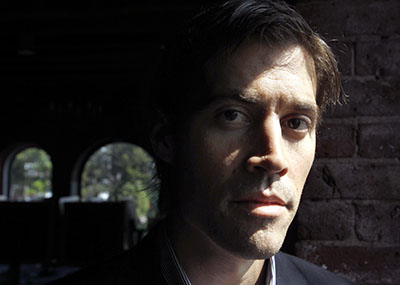
James Foley – a journalist’s journalist
Amid the tributes and war stories that followed the brutal beheading of James Foley this week, one memory from a fellow hostage shone a light on a side of his character that his audience might not have seen: his empathy not only for the people he covered but also for the journalists he encountered.

